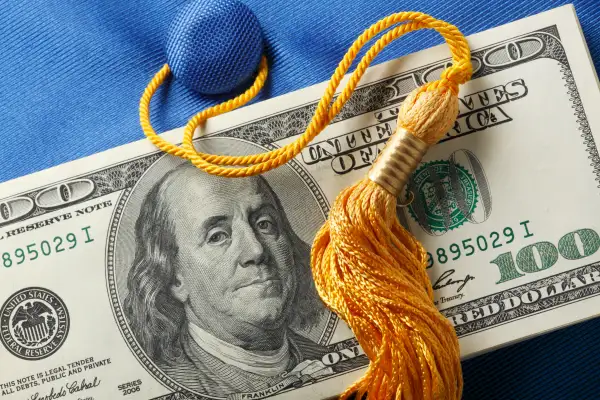Big Banks' Stigma May Be Fading for Ambitious College Grads

It's become axiomatic among those who like to wag their fingers at Wall Street: Smart millennials, scarred by the financial crisis, are eschewing once-coveted jobs at big banks for more meaningful careers. But that image may be a bit dated, according to new figures released by Goldman Sachs.
The investment bank, nicknamed 'The Vampire Squid' for its supposed financial rapaciousness, received 250,000 applications from recent college and business school grads for jobs this summer, according to a report in the Financial Times, which also said the numbers were up more than 40% since 2012.
Other large banks including JPMorgan, which hired on 2% of hopeful graduates, and Citigroup's investment banking decision, which hired 2.7%, were also awash in applicants.
There are other signs that college students may again be warming to Wall Street. A recent survey published by the Harvard Crimson found 53% of the class of 2016 expected to take a job in consulting, finance or technology -- a change that represents "gradual growth in these fields over the past few years after a sharp decline in the aftermath of the 2008 recession."
Interestingly it appears to be a different story for MBAs. A separate report by the Financial Times in November found graduates from the world's top 10 business schools were still 40% less likely to take a banking job than before the financial crisis.
One possible explanation for their reluctance may be the relative ages of today's college and business school graduates: Recent MBA graduates may well have been 2012's college graduates, and also 2008's high school graduates. In other words, young people who saw the financial crisis with young but still essentially adult eyes and as a result still haven't forgotten the stigma that attached to Wall Street in its aftermath.
Meanwhile, those graduating from college were likely just 13 or 14 when the economy imploded in 2008 -- adolescents who were less likely to have their views permanently shaped.